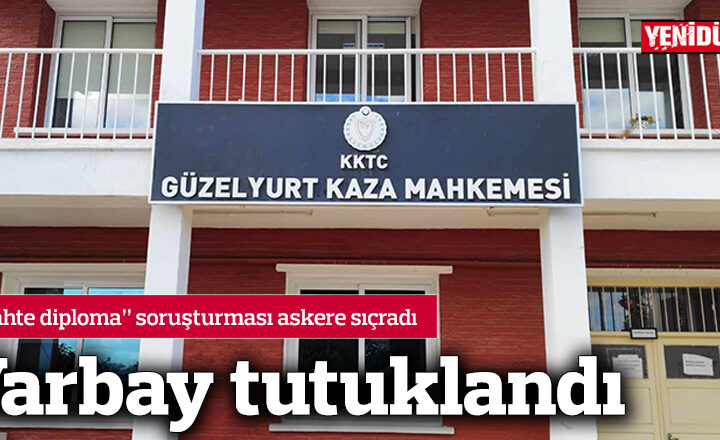Corruption saps the economy, undermines opportunities for people trying to engage in legitimate business and public services and kills international investments, said US State Department official Richard Nephew.
The Coordinator on Global Anti-Corruption was appointed to the post by US Secretary of State Antony Blinken in July 2022.
Nephew visited Cyprus to exchange views with Cypriot authorities over combating corruption.
“I think that we got a good strong partnership, a good strong relationship, and I think there are a lot of things we can build on,” Nephew told CNA.
The US official said he sees “a lot of the effort that is being made to fight corruption.”
“I know it’s a high priority of the President, and we’ve certainly heard that and seen that there is a lot of work going into it, new institutions being developed.
“The fundamental issue is that no country on earth is doing as much as it can and probably should do to fight corruption, including the US.
“So a lot of what we are trying to do internationally is to build up international institutions and the rules and good practices that every country should take and try and find the bad guys and try and finding the holes and try to close them.”
He argued that corruption “saps the economy, it undermines opportunity, it takes away from people who are trying to engage in legitimate business, it undermines public services, it kills international investment.”
As international investments are considered vital to any outward-looking economy, Nephew said international companies don’t want to invest in places that are considered to be corrupt.
Noting that in the past, companies were prepared to “wink and nod at certain things to get their job done, and perhaps they continue to do so in some places.”
“Now the major most effective, most reliable companies – the kind of companies that countries want to have invest in their economies – don’t want to do that any more because they fear the risk, they fear the consequences.”
He advised the authorities to improve their anti-corruption and sanctions implementation framework, information-sharing with all stakeholders, and identifying the vulnerabilities in the system.
“The most important thing is information sharing, making sure all the different agencies, all the different government departments, all the different communities, all know about sanctions implementation and especially the private sector and making that communication.”
Second is having a clear picture of your vulnerabilities, “especially because there are always going to be bad actors who will try and exploit any cracks they may see.”
Nephew said that in Cyprus, “a lot of work has gone into developing and improving the systems,” but as with any other country, “there’s probably a lot of work to be done too”.
He highlighted digitisation and e-government tools as improving the efficiency of enforcement.
“Information sharing, capacity building, learning, knowledge trying to expand the capacity of people who are in charge of enforcement as international financial systems are always changing and some of the techniques of doing those transactions are changing too”.
Nephew argued that the public should be aware of the steps that are being taken so that they can be an important part of the process.










